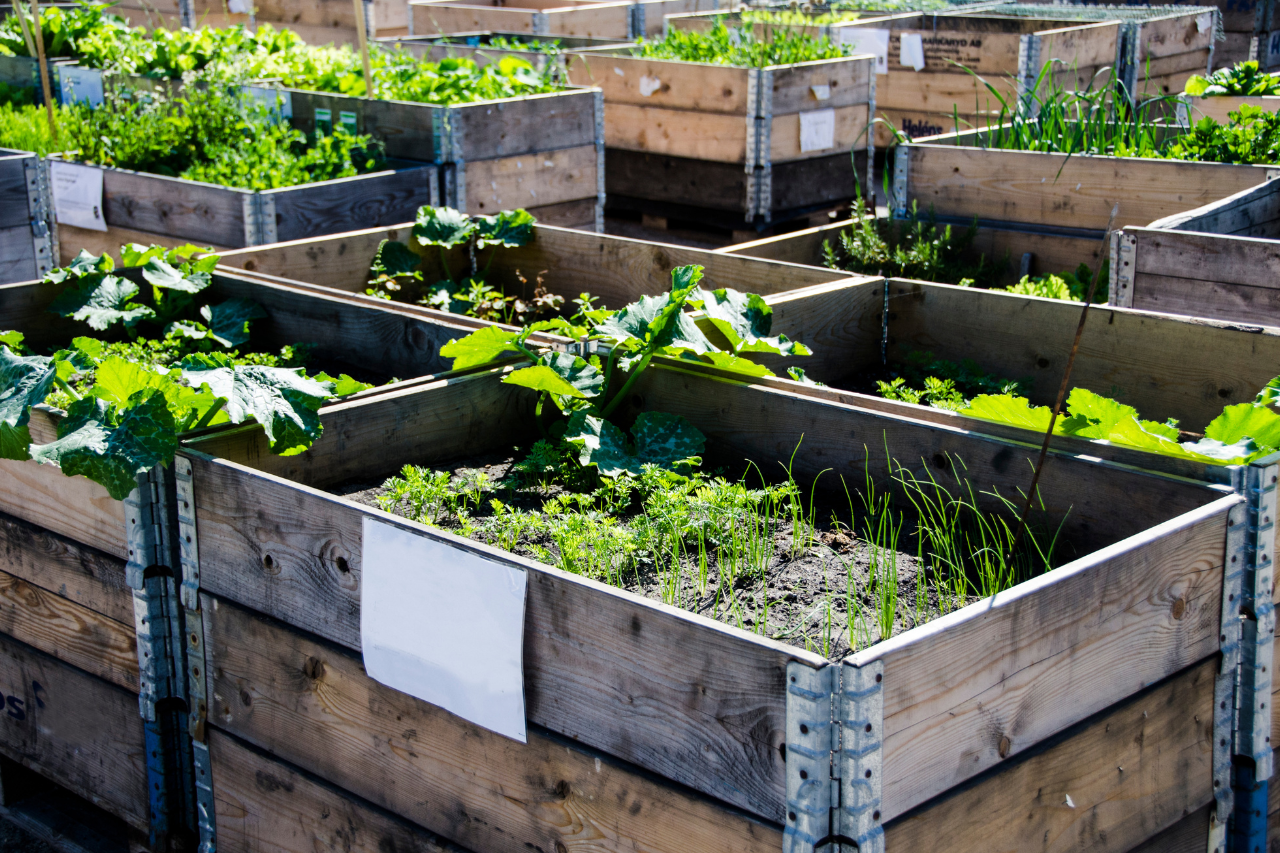
With rapid urbanization in Kenya, food production in cities is becoming more crucial than ever. Urban organic farming is transforming rooftops, backyards, and vacant lots into productive spaces that provide fresh, pesticide-free food for urban dwellers.
Nairobi is leading the way, with innovative urban farms growing vegetables, herbs, and even mushrooms in limited spaces. Vertical gardens, hydroponics, and sack gardening are gaining popularity, allowing people to grow food in small apartments or on balconies.
Urban farming offers multiple benefits. It reduces reliance on imported food, lowers transportation costs, and promotes food security in cities. Additionally, it provides economic opportunities, particularly for women and youth who can sell organic produce at premium prices.
However, challenges such as limited space, water shortages, and lack of policy support hinder expansion. Access to organic compost and non-GMO seeds is also a concern. Organizations promoting urban farming are advocating for policies that allow for land-use flexibility and support small-scale farmers.
With more Kenyans embracing organic urban farming, cities could become hubs of sustainable food production. By growing food locally, urban dwellers can reduce their ecological footprint while enjoying fresh, nutritious produce.

